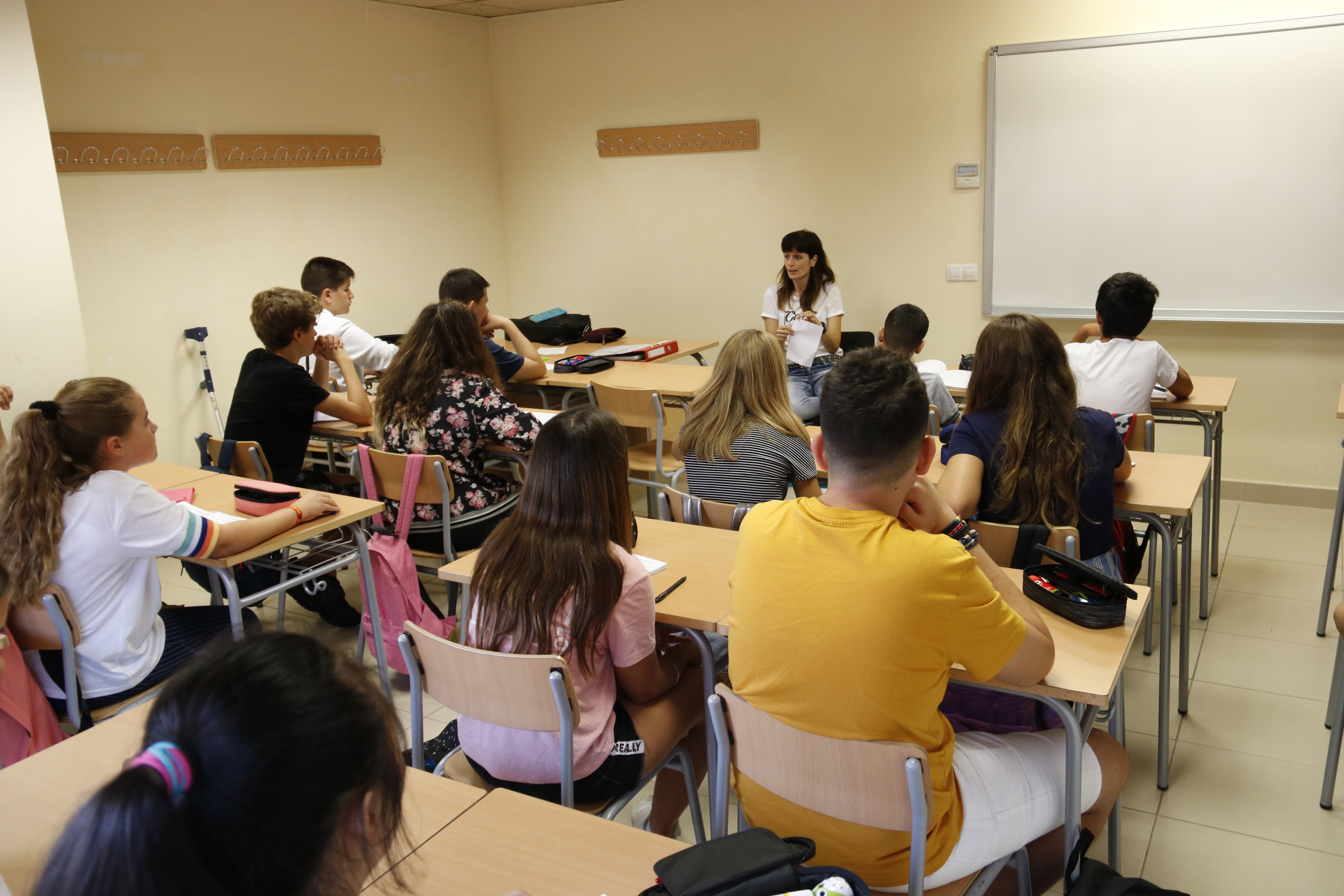A report by the Council of Europe on the treatment in Spain of regional and minority languages published this Tuesday criticised the country's linguistic policy when it comes to Catalan and say the so-called Wert Law from 2013 harms the immersion system in education. "Central authorities continued to impose Castilian in a wide range of areas", the report says, giving examples including traffic signs, university certificates, sports and advertising.
The report notes that legislation in Catalonia sets "Catalan as the language generally used as a vehicular language and as a language of learning in the education system without neglecting the importance of multilingual education" and that "pupils finish their compulsory studies with a high proficiency in both Catalan and Castilian".
At the same time, it remarks that Spanish national legislation, specifically the 2013 "Wert" Law, nicknamed for the minister who introduced it, challenges the model by stating the "right to receive the teaching of non-linguistic subjects in Castilian only". It says that "the implementation of this law hampers the system of “linguistic conjunction” and immersion."
It adds that Catalan authorities have reported "systematic legal actions" against legislation aiming to "implement Catalan in parallel with Castilian". The report is the fifth from the Committee of Experts of the European Charter for Regional or Minority Languages on Spain's compliance with the Charter.
Recommendations for Spain
Among the recommendations for Spain are to modify the relevant legislation to guarantee that the regional and minority languages can be used in the courts if parties involved wish to do so. The second recommendation is to "use the co-official languages in State administration in the Autonomous Communities".
The report describes as "satisfactory" the situation of Basque, remarking on the the increase in the number of speakers, especially in the age group 16-24, where 71.4% were Basque speakers in 2016, compared to 62% in 2006 and 25% in 1991. It recommends to increase the use of Basque in the health care system (Osakidetza) and by the police (Ertzaintza).
As for Galician, on the other hand, it says that studies show the number of speakers is falling and that its presence is "insufficient in education". It notes that "there is still no possibility to offer a curriculum in Galician at any pre-school, primary or secondary institution."
In Valencia, it says that Catalan is in a "worrying situation, especially in State administration and the judiciary". The report adds that "the Law on plurilingual education of 2018 is not in conformity" with the Charter as it makes "immersion programme models impossible". It recommends that education in Catalan is guaranteed at all levels, likewise its use in economy and the health and social care systems. In the Balearic Islands, meanwhile, it says "language policy has significantly changed" since 2015.

